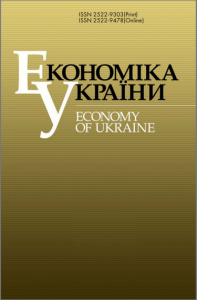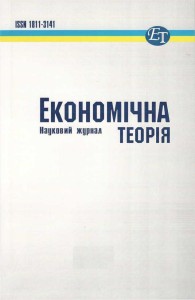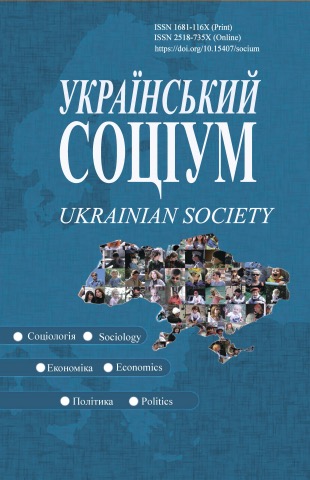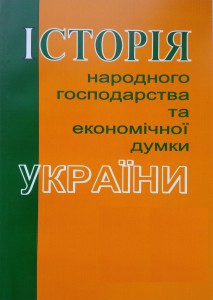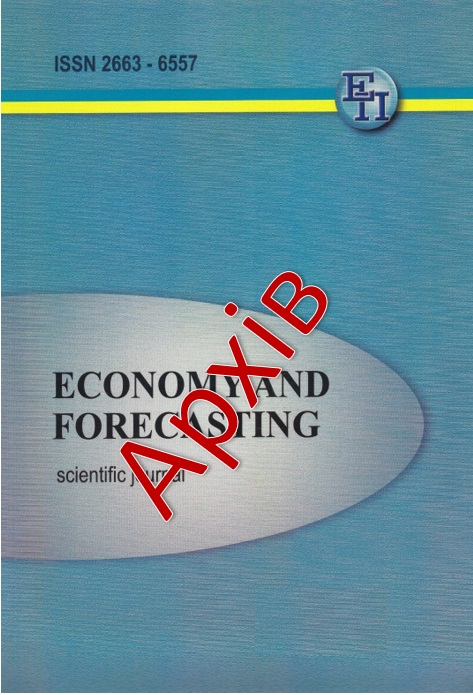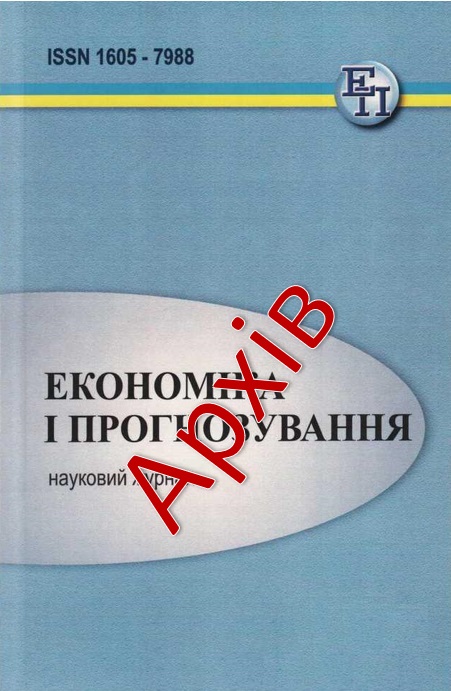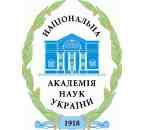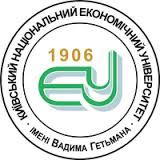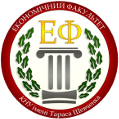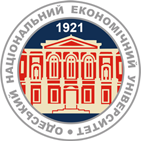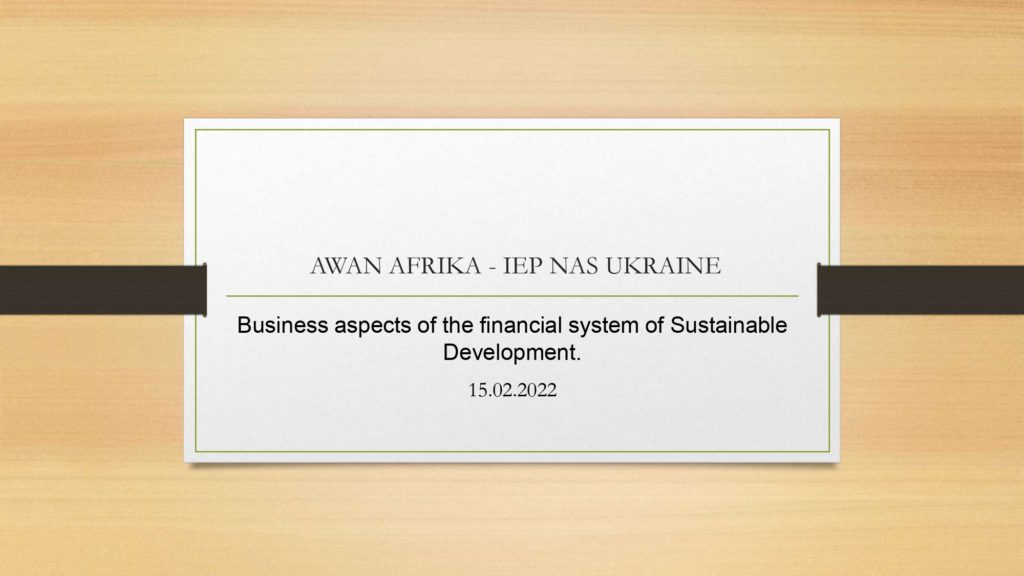
On February 15, 2022, by the initiative of the International Financial Research Sector of the Institute for economics and forecasting, NAS of Ukraine, it has took the first meeting between the well-known non-profit organization of African countries AWAN Afrika and leading financial and agribusiness experts of the Institute, politicians and university professors.
The Zoom-conference was moderated by Doctor of Economics, Head of the International Financial Research Sector Professor Olena Borzenko. In Opening remarks Prof. Olena Borzenko acquainted with the profile of our Institute, with the leading areas of research.
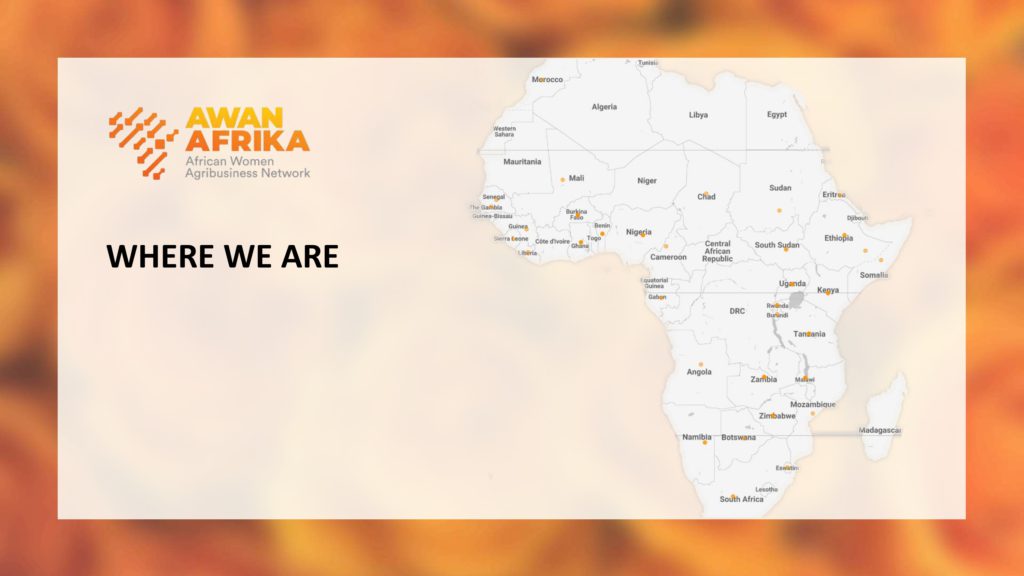
Dr. Beatrice Gakuba, Director of the AWAN Afrika, said that this organization is the network that comprises of individual members’ businesses including producers, processors, aggregators, export companies and input suppliers among others across the continent and globally. The organization provides women-owned and youth-owned agribusinesses with an E-Hub, which is a repository of information on agriculture along value chains and supply chains. AWAN Afrika Under 30 champions are the youth of either gender engaged in agribusiness.
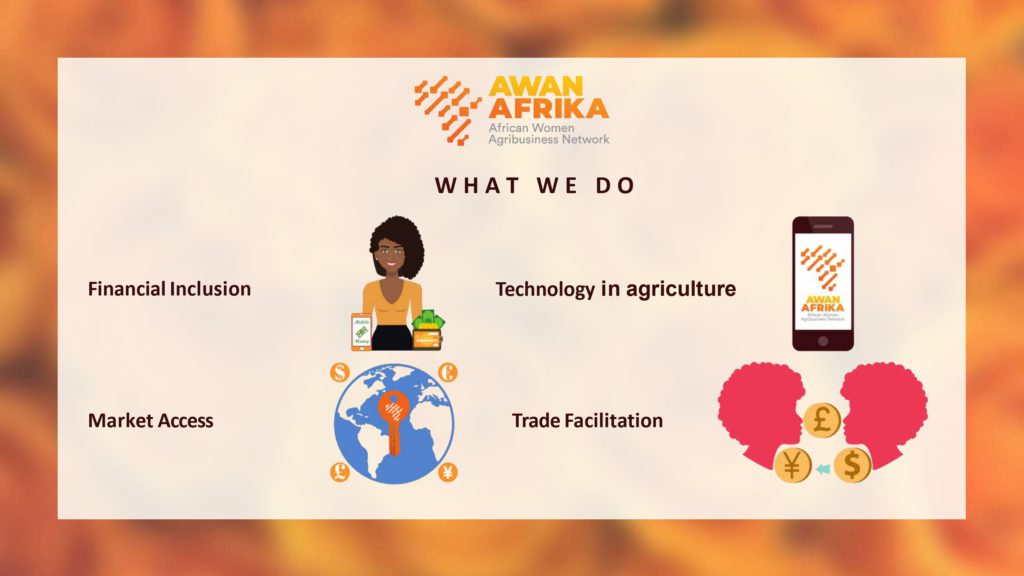
Her Presentation "Business Aspects of the Financial System of Sustainable Development" outlined such main needs as:
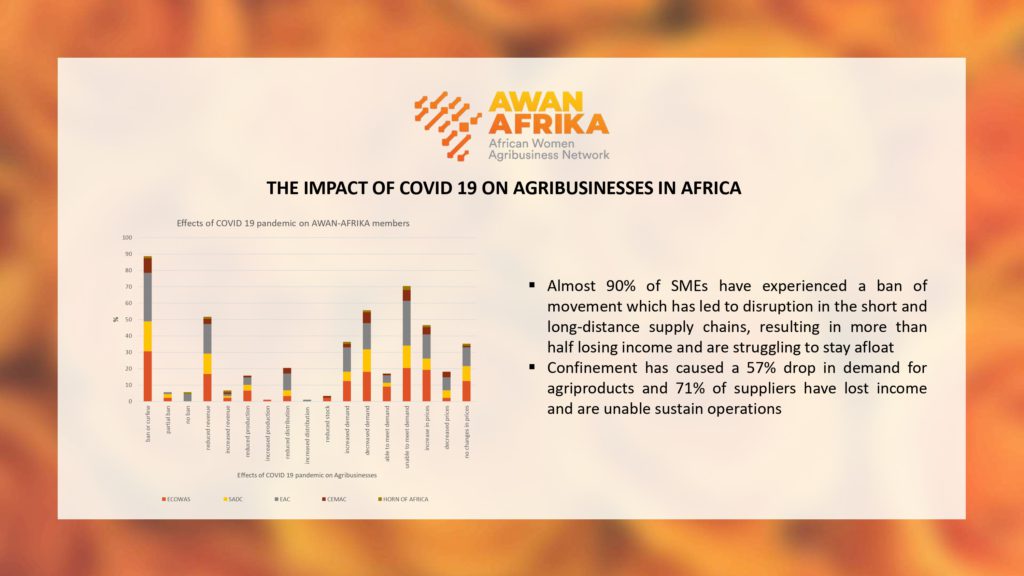
- Challenges supporting the livelihoods of suppliers and sub-suppliers due to decreases in demand and challenges in accessing markets.
- Concern for resilience amongst farm producers to be able to use/repurpose/diversify their production so that they can survive periods of reduced demand.
- Challenges in diversifying supply chains -and bringing in new workers/suppliers- rapidly and ethically.
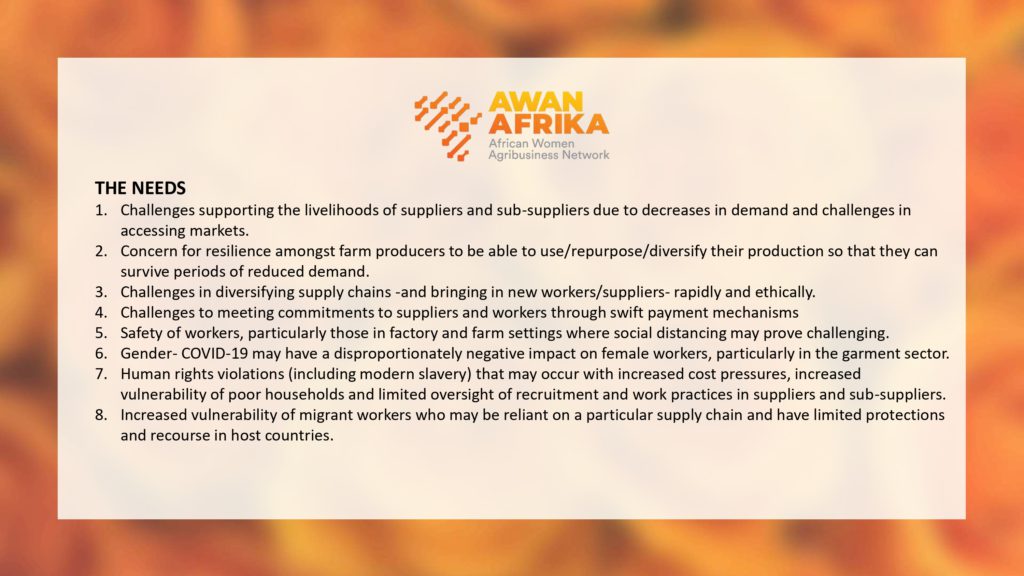
4. Challenges to meeting commitments to suppliers and workers through swift payment mechanisms
5. Safety of workers, particularly those in factory and farm settings where social distancing may prove challenging.
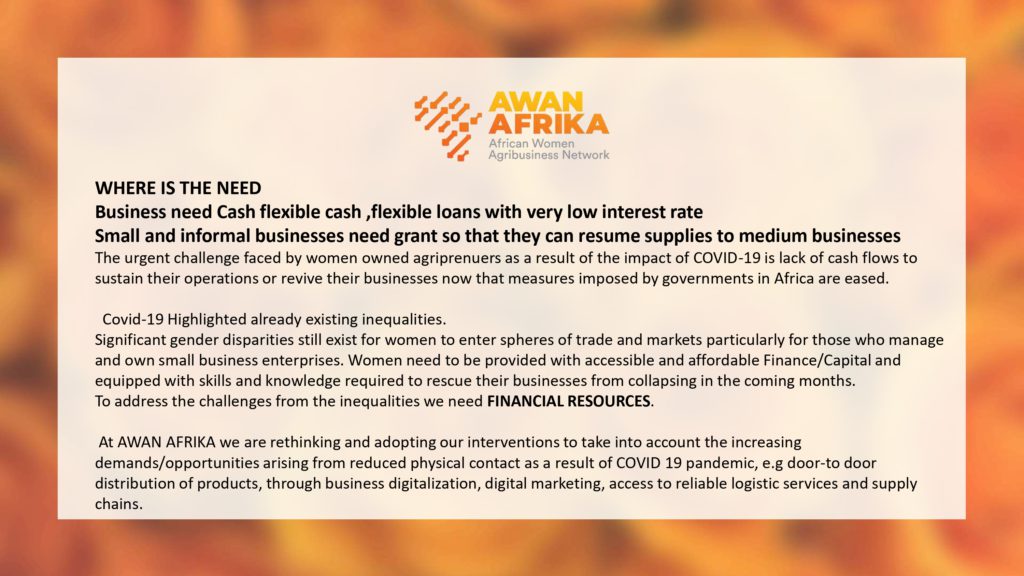
6. Gender- COVID-19 may have a disproportionately negative impact on female workers, particularly in the garment sector.
7. Human rights violations (including modern slavery) that may occur with increased cost pressures, increased vulnerability of poor households and limited oversight of recruitment and work practices in suppliers and sub-suppliers.
8. Increased vulnerability of migrant workers who may be reliant on a particular supply chain and have limited protections and recourse in host countries. /post.php?post=11428&action=edit&lang=en
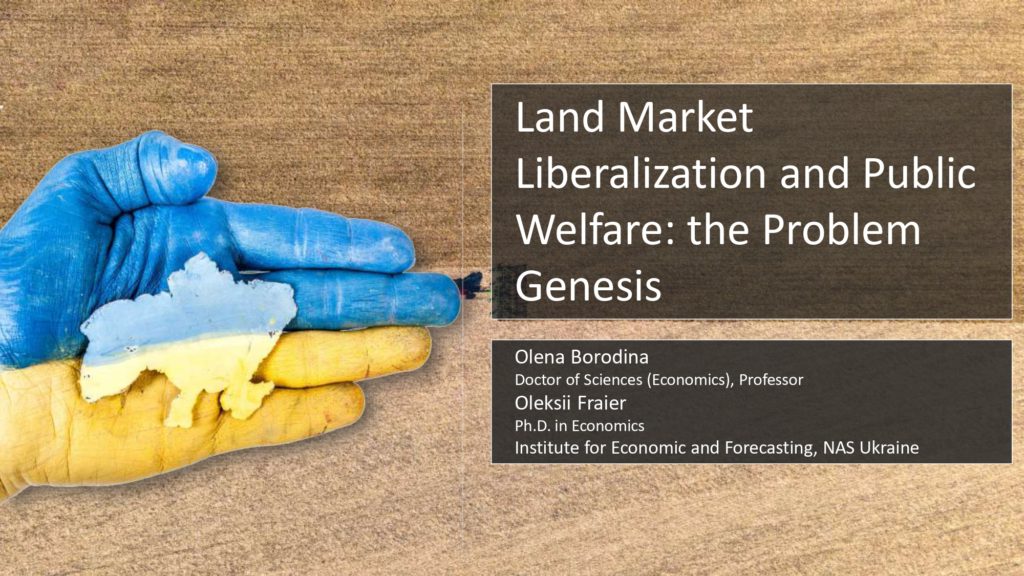
Prof. Olena Borodina, Head of the Department of Economics and Policy of Agrarian Transformation, has presented the work of the Department and the main areas of research, outlined current global trends in agricultural policy and their impact on agriculture in the World (specifically, Ukraine and Africa).
Chief Research Fellow, Dr. Viktor Yarovy has presented information on the implementation of scientific achievements of the Department, cooperation with international non-governmental and non-governmental organizations, establishment of an informal Knowledge Transfer System in Ukraine based on joint efforts of the National Academy of Science and non-governmental peasants’ and farmers’ organizations. He also has mentioned the role of these organisations in adoption the UN Declaration on the Rights of Peasants and other People Working in Rural Areas (2018).
Researcher Oleksiy Frayer has presented the Department's research results as for the Land Reform in Ukraine, reflected trends in different approaches to land transformation - from egalitarian land reform to free land market. Besides, he has used experience of the People's Republic of China, the Global South and Ukraine to indicate successes and failures in the implementation of these approaches.
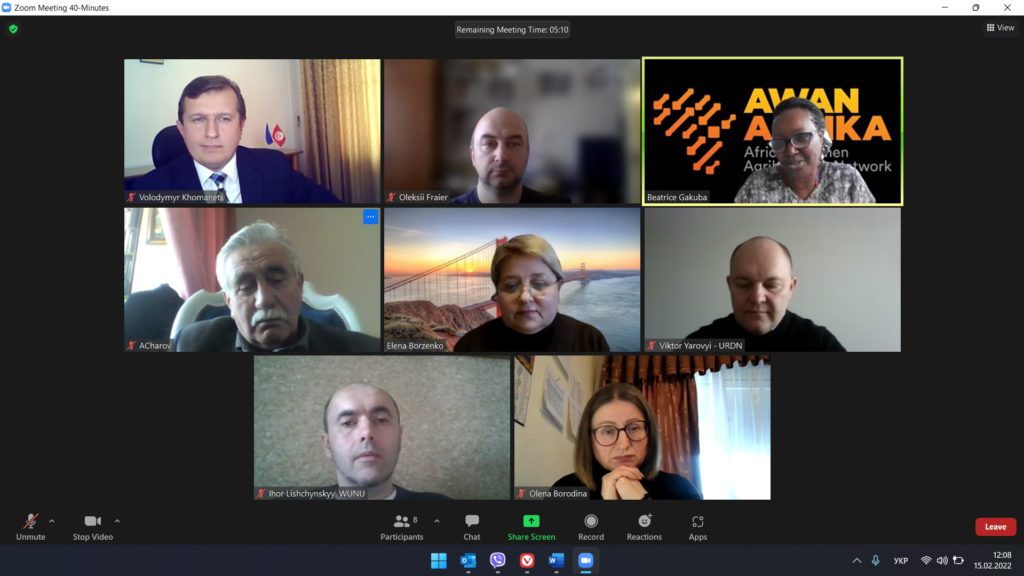
Ambassador The Extraordinary and Plenipotentiary Ambassador of Ukraine to the Republic of Tunisia, Dr. Volodymyr Khomanets has stressed that the importance of the African Continent for the World's leading countries is determined by both their political and economic interests. And while Africa is still not fully integrated into the global economy today and its share of world trade is a few percent, it still has a great future. When it comes to its economic potential, special is made of significant African natural resources and a variety of raw materials. But the biggest capital is people, because the economy cannot develop on its own, it is they who develop it. According to the World Bank and the IMF, in the 21st century, Africa will become the most dynamic region in the world, on which will largely depend the nature and rate of economic growth of developed countries, their supply of raw materials, energy resources and human capital.
It is noteworthy that civilized competition in Africa of the world's leading countries is a completely natural and to some extent desirable for African countries, as it gives them the opportunity to choose the best and most acceptable conditions for cooperation. Therefore, the vast majority of those countries do not want to be “pro-American”, “proChinese” or “pro-Russian”. African countries are increasingly seeking to be pro-African and to defend their own national interests. On the other hand, African countries' traditional balancing between their foreign partners helps them to feel greater freedom of action and non-involvement in complex negotiations in order to achieve the most favorable conditions for trade and other cooperation agreements.
He supported the theses expressed in the report of Doc. Mr Gakuba emphasized the opportunities for multilateral cooperation in connection with the launch of the African Continental Free Trade Area. In fact, Ukrainian entrepreneurs are already using some of these opportunities, and today's meeting simply creates additional opportunities for both sides. Of course, this also applies to cooperation in the field of agribusiness. Ukraine has very good and relatively cheap agricultural processing technologies that can be used by our African partners. The Ambassador confirmed that our diplomats are aware of the existence of the AWANAfrika branch in Tunisia and welcomed the proposals for future cooperation.
Prof. O. Sharov (Chief researcher in International Finance) with reference to his experience as an economic diplomat in Southern Africa, confirmed the existence of many common points of interest for Ukraine and the countries of the Continent. In this regard, he reminded that the Ministry of Foreign Affairs of Ukraine has declared this year as the "Year of Africa", providing cooperation in this area as a priority for both the central office of the Ministry and its Missions abroad. On his own, prof. O.Sharov said that cooperation with African countries has a great importance for Ukraine not only in bilateral relations, but also in view of our European integration priorities, as there are many opportunities in Africa to implement joint projects with our European partners.
Furthemore prof. O.Sharov focused on the problems of the Financial System for Sustainable Development, which was discussed in the presentation by Dr. B. Gakuba. The issue of creating the so-called The Sustainable Financial System is being analyzed by experts of the Sector for International Financial Research (Institute for Economics and Forecasting) and appropriate recommendation will soon be sent to the National Bank of Ukraine and other government agencies. Undoubtedly, the experience of our African partners will also be used in the preparation of these Working Paper, as it creates the basis for our further cooperation.
There is also a lot of room for cooperation in the agricultural sector (meaning not only the cultivation of food products, but also their processing). And in this matter there are opportunities for cooperation not only at the central but also at the regional level.
Dr. Igor Lishchinsky (Professor of the Western Ukrainian University, Ternopil) has said that students from more than 20 African countries have study at the University and in their Working Papers they usually develop issues of Ukrainian-African cooperation in various sectors of the economy. To a large extent, this applies to the agricultural sector, which is leading in the economy of Ternopil region. Thus, there is an opportunity for further cooperation not only in the field of research, but also in the implementation of specific business projects.


 English
English Ukrainian
Ukrainian 